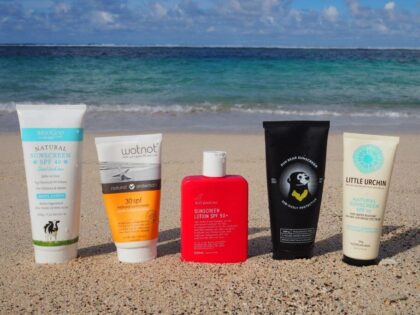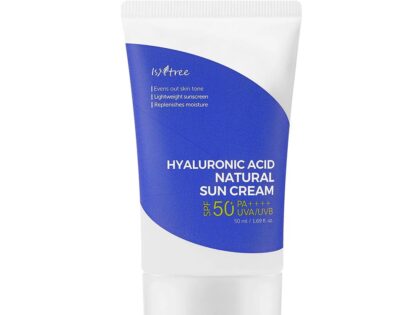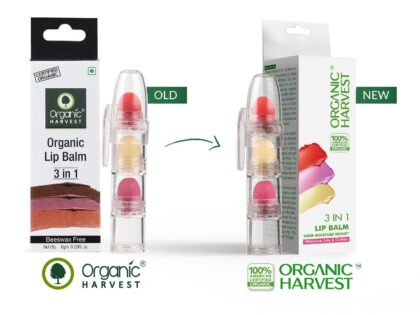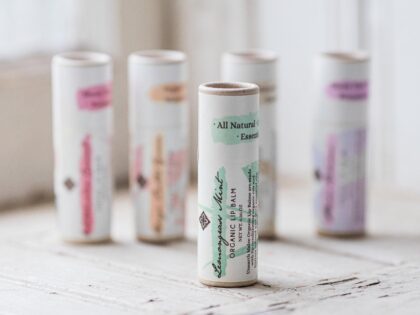Understanding Organic Lip Balms: Benefits and Ingredients
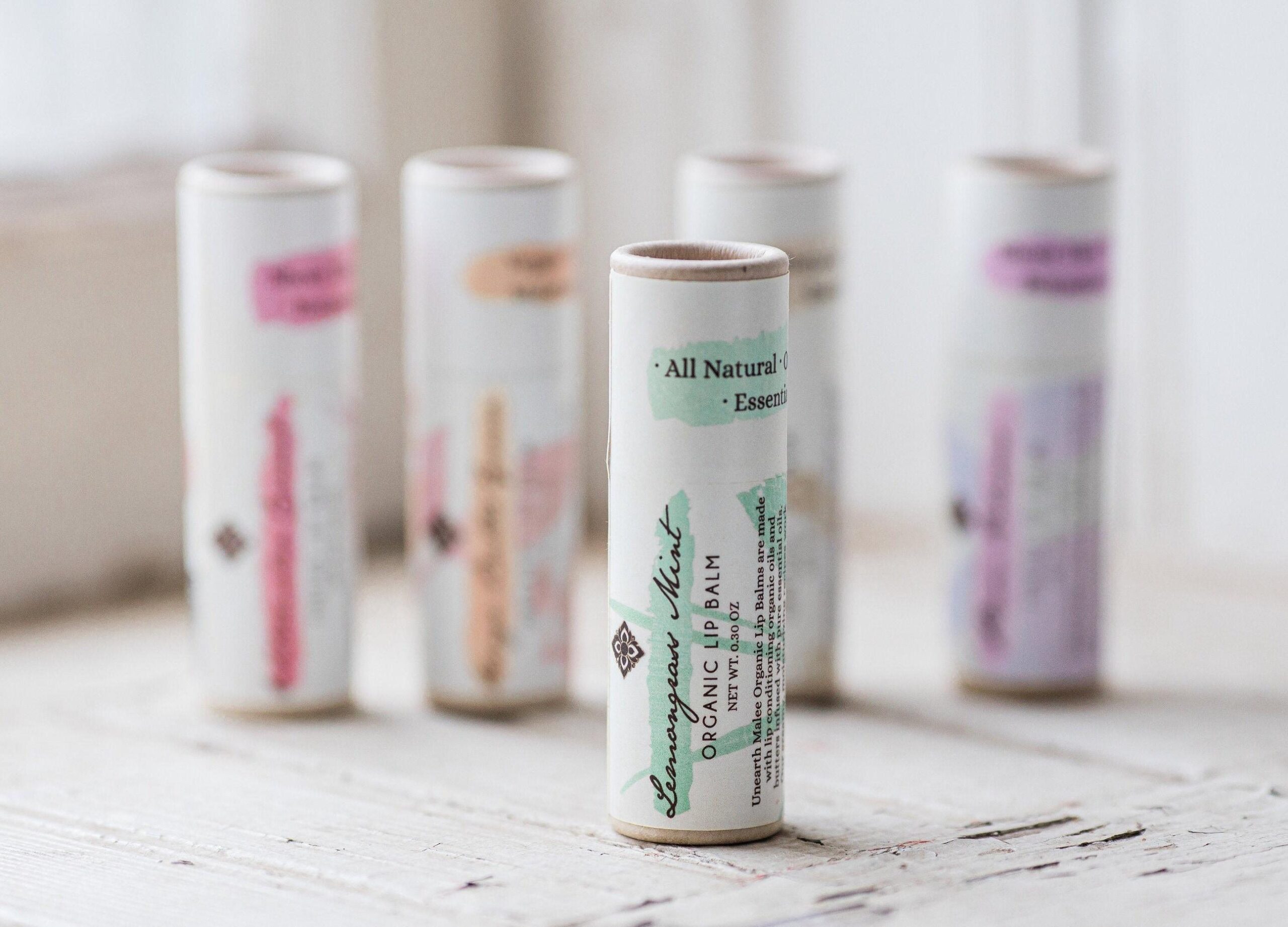
In recent years, the demand for organic lip balms has surged as consumers become increasingly aware of the ingredients in their personal care products. Understanding the benefits and components of organic lip balms is essential for making informed choices that align with both personal health and environmental sustainability. This article aims to delve into the various advantages of using organic lip balms, such as their potential for nourishing and hydrating the lips without harmful chemicals. Additionally, we will explore common ingredients found in these products, highlighting their natural origins and beneficial properties. by providing a comprehensive overview of what sets organic lip balms apart, we hope to guide readers in selecting products that promote not only their own well-being but also support a more enduring lifestyle.
Exploring the Key Benefits of Organic Lip Balms
Organic lip balms have gained significant popularity due to their natural ingredients and the myriad benefits they offer for lip care. These balms are formulated without synthetic additives, enabling them to provide a gentler alternative for those with sensitive skin. With ingredients sourced from nature, such as beeswax, coconut oil, and shea butter, they help to deeply hydrate and nourish the lips without the risks associated with chemical-laden products. Additionally, many organic formulations contain essential oils that not only add a pleasant aroma but also possess therapeutic properties, enhancing the overall lip care experience.
Another compelling reason to opt for organic lip balms is their commitment to sustainability and environmental consciousness. Many brands prioritize the use of eco-friendly packaging and ethically-sourced ingredients, minimizing their impact on the planet. Consumers can take pride in choosing products that are not only good for their lips but also contribute to a healthier ecosystem. Here are some key aspects of organic lip balms that underscore their advantages:
| Benefit | Description |
|---|---|
| non-toxic Ingredients | Free from harmful chemicals and additives. |
| Deep Hydration | Rich in natural oils that lock in moisture. |
| Environmentally Friendly | Utilizes sustainable practices and materials. |
| Health Benefits | May include antioxidant properties from natural extracts. |
Essential ingredients for Healthy Lips
To achieve and maintain healthy lips, it’s essential to incorporate a combination of nourishing ingredients that not only hydrate but also protect the delicate skin. Beeswax forms a natural barrier, sealing in moisture while allowing the skin to breathe. Coconut oil is renowned for its deep moisturizing properties, providing essential fatty acids that promote elasticity. Additionally, shea butter offers both hydration and protection against environmental factors, such as wind and cold temperatures. These natural components work harmoniously to create a soothing balm that keeps your lips soft and supple.
Moreover, adding vitamin E is vital for its antioxidant properties, which help neutralize free radicals and repair damaged skin. Essential oils, like peppermint or lavender, not only enhance the sensory experience but also contribute to lip health through their natural antiseptic qualities. For those seeking a hint of color, beetroot extract serves as a natural tint without synthetic additives. Together, these ingredients create an effective formula that promotes lip wellness while ensuring a delightful application experience.
How to Choose the Right Organic Lip Balm for Your Needs
Choosing the right organic lip balm can significantly enhance your lip care routine. Start by examining the ingredients list to ensure they are truly organic and beneficial. Look for balms that include natural emollients such as shea butter, coconut oil, or jojoba oil, which provide deep hydration. Additionally, consider balms with soothing agents like chamomile or calendula, especially if you have sensitive or chapped lips. It’s also crucial to avoid products that contain artificial fragrances, synthetic preservatives, or any harmful chemicals that could negate the benefits of using an organic product.
Another significant factor is understanding the specific needs of your lips. If you are frequently in dry or cold environments, opt for a balm with a thicker consistency and protective ingredients like beeswax or candelilla wax. For summer months or hotter climates, a lighter balm might be more suitable. Keep in mind the following aspects while making your choice:
- SPF Protection: Consider balms with SPF for sun protection.
- Flavor: Choose one that aligns with your personal preference , without overwhelming artificial taste.
- Color: If you prefer a hint of color, look for tinted organic options that are made with natural pigments.
Comparing Popular Organic Lip Balm Brands and Their Formulations
Exploring the formulations further, we can see how different ingredients contribute to their effectiveness. A quick look at a few popular brands reveals key differences in their ingredient lists:
| Brand | main Ingredients | Special Features |
|---|---|---|
| Burt’s Bees | Beeswax, sunflower Oil, Coconut Oil | Supports local beekeepers |
| Badger balm | Olive Oil, Shea Butter, Vitamin E | Certified organic and cruelty-free |
| Eco Lips | Cocoa Butter, Jojoba Oil, Essential Oils | Fair trade ingredients |
Q&A
Q&A: Understanding Organic Lip Balms: Benefits and Ingredients
Q: What are organic lip balms?
A: Organic lip balms are lip care products made from natural ingredients that are grown without the use of synthetic pesticides, fertilizers, or genetically modified organisms (GMOs). They prioritize the use of plant-based ingredients and often avoid artificial fragrances, dyes, and preservatives.
Q: What are the benefits of using organic lip balms?
A: Organic lip balms offer several benefits, including:
- Natural Ingredients: They tend to use fewer chemicals, which can be gentler on the skin.
- Moisturization: Many organic lip balms include nourishing oils and butters that help hydrate and protect lips.
- Environmental Impact: Organic farming practices are generally more sustainable and environmentally friendly compared to conventional methods.
- Healthier Choice: By avoiding synthetic ingredients, users may reduce the risk of irritation or allergic reactions.
Q: What ingredients are commonly found in organic lip balms?
A: Common ingredients in organic lip balms include:
- Beeswax: Acts as a natural emulsifier and provides a protective barrier.
- Plant Oils: Such as coconut oil, jojoba oil, or almond oil for moisture and nourishment.
- Butters: Such as shea butter or cocoa butter that provide hydration and softness.
- Essential Oils: For natural fragrance and added therapeutic benefits, but should be used cautiously to avoid irritation.
- Natural Flavours: Derived from fruits or herbs, offering scent and taste without synthetic additives.
Q: Are there any potential downsides to using organic lip balms?
A: While organic lip balms are beneficial, some potential downsides include:
- Shorter Shelf Life: Without synthetic preservatives, organic lip balms may have a shorter shelf life.
- Cost: They can be more expensive than conventional balms due to high-quality ingredients and organic certification.
- Allergies: Natural doesn’t always mean hypoallergenic; individuals with sensitivities should check ingredient lists carefully.
Q: How can I identify a quality organic lip balm?
A: To identify a quality organic lip balm, look for:
- Certification: an organic certification logo from a recognized authority.
- Ingredient Transparency: A short list of recognizable and natural ingredients.
- No Artificial Additives: Absence of synthetic fragrances, parabens, and other harmful chemicals.
- Reputable Brand: Purchase from brands known for their commitment to organic and eco-friendly practices.
Q: Can organic lip balms be used in all seasons?
A: Yes, organic lip balms can be used year-round. They provide hydration and protection against environmental factors such as wind, sun, and dry indoor heating in winter. Regular application can help maintain soft, healthy lips in any climate.
Q: Are organic lip balms suitable for everyone?
A: Most people can safely use organic lip balms, but those with specific allergies or sensitivities should read the ingredient list thoroughly. It is indeed also advisable for individuals with certain skin conditions to consult with a dermatologist before trying new products.
Q: How should I store my organic lip balm?
A: To extend the shelf life of organic lip balm, store it in a cool, dry place away from direct sunlight. Extreme heat can cause the ingredients to degrade, while excessive cold can affect texture and application.
Using organic lip balms can be a simple and effective way to nurture your lips while supporting sustainable practices. always choose products that align with your personal values and skin needs.
In Conclusion
understanding organic lip balms involves recognizing their numerous benefits and the importance of their natural ingredients. By choosing products free from synthetic chemicals, consumers can enjoy not only moisturizing and soothing properties but also promote sustainability and environmental responsibility. As you navigate the myriad options available on the market, consider looking for key organic ingredients such as beeswax, shea butter, and essential oils that align with your skincare needs .With growing awareness around the potential effects of conventional lip care products, opting for organic alternatives can be a positive step toward healthier, more sustainable choices for your personal care routine. Whether you’re addressing dryness, seeking protection from the elements, or prioritizing ethical consumption, organic lip balms offer a viable solution that aligns with a conscientious lifestyle.

